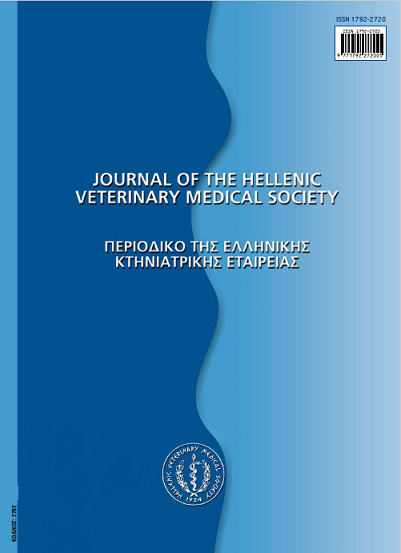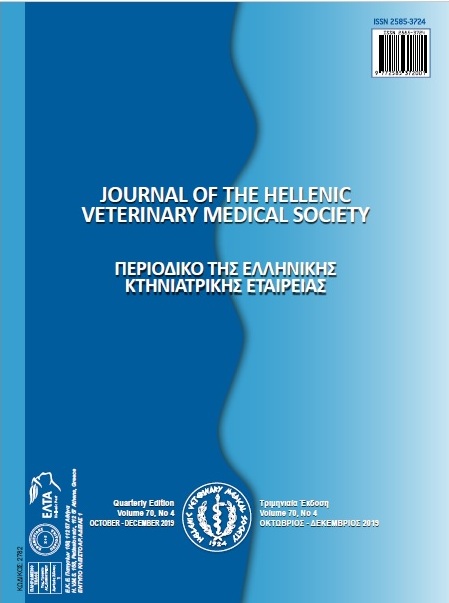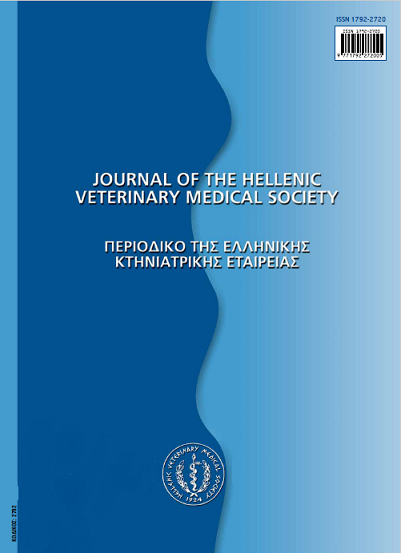Antimicrobial susceptibility of Escherichia coli isolated from free range poultry or wild birds at the southern Caspian Sea coast of Iran

Abstract
Objective of this study was the investigation of antimicrobial resistance of 95 Escherichia coli strains from faecal samples of wild birds and free range poultry in Mazandaran province (southern Caspian Sea coast of Iran), which were isolated during the period May to December 2012. Isolation rate was 59% or 30% from samples of free range poultry or wild birds, respectively. All isolates from free range poultry were susceptible to amikacin, danofloxacin, enrofloxacin, gentamicin, neomycin, whereas all were resistant to carbenicillin and erythromycin. In strains from wild birds, most common resistance was detected to be to carbenicillin and tetracycline. Multi-drug resistance was evident in all isolates from free range poultry and in 26% of those from wild birds. It is postulated that that wild birds may be infected by antibiotic resistant strains of E. coli and may serve as reservoirs of such strains.
Article Details
- How to Cite
-
SEIFI, S., & SHIRZAD, M. R. (2017). Antimicrobial susceptibility of Escherichia coli isolated from free range poultry or wild birds at the southern Caspian Sea coast of Iran. Journal of the Hellenic Veterinary Medical Society, 64(4), 249–254. https://doi.org/10.12681/jhvms.15504
- Issue
- Vol. 64 No. 4 (2013)
- Section
- Research Articles
Authors who publish with this journal agree to the following terms:
· Authors retain copyright and grant the journal right of first publication with the work simultaneously licensed under a Creative Commons Attribution Non-Commercial License that allows others to share the work with an acknowledgement of the work's authorship and initial publication in this journal.
· Authors are able to enter into separate, additional contractual arrangements for the non-exclusive distribution of the journal's published version of the work (e.g. post it to an institutional repository or publish it in a book), with an acknowledgement of its initial publication in this journal.
· Authors are permitted and encouraged to post their work online (preferably in institutional repositories or on their website) prior to and during the submission process, as it can lead to productive exchanges, as well as earlier and greater citation of published work.




